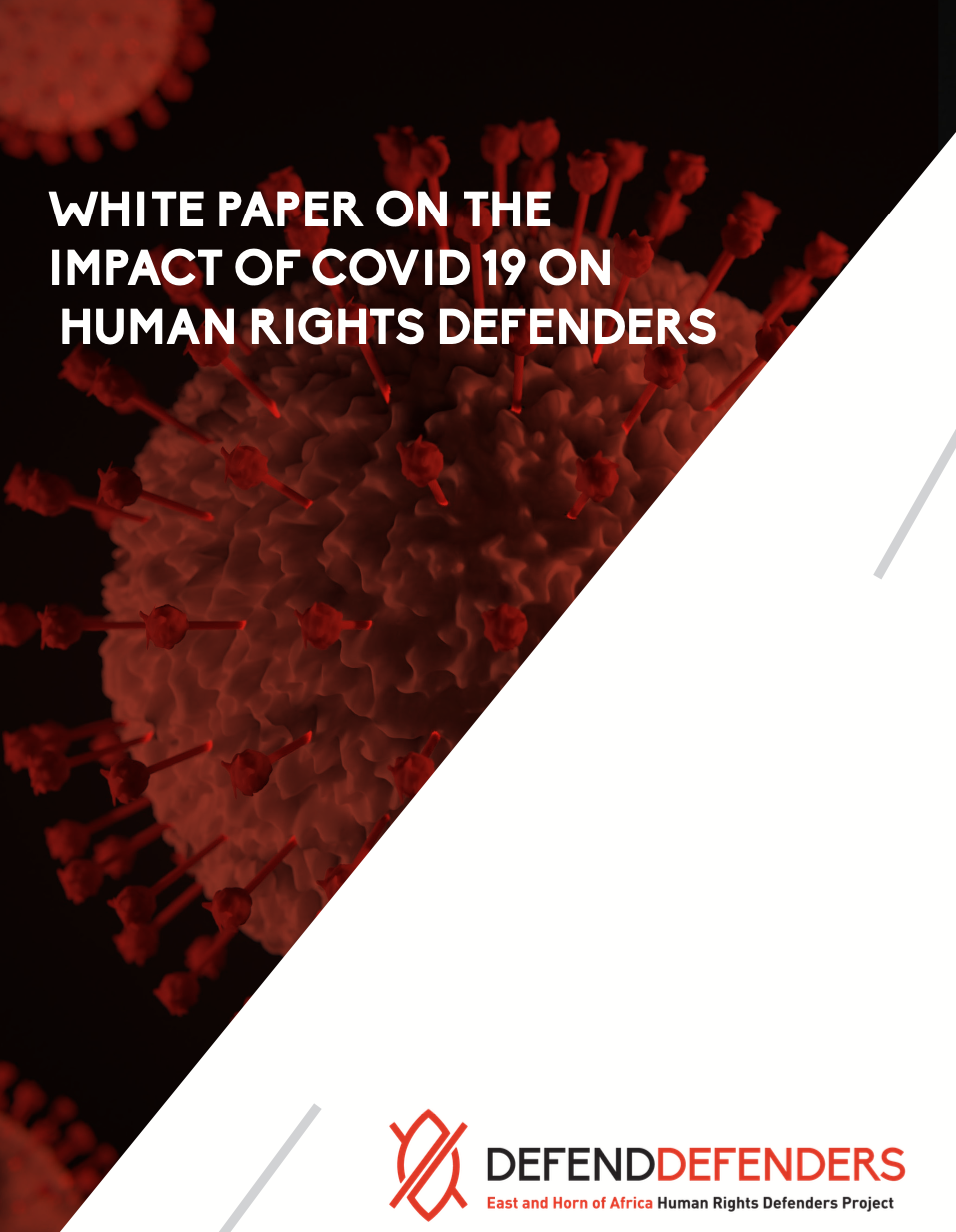The coronavirus disease 2019 (Covid-19) pandemic is a serious global health crisis that has caused over six million deaths worldwide and continues to threaten many people’s health and livelihoods.
The pandemic revealed fundamental cracks in national and global health systems. It has brought inequality within and between countries into sharp relief and tested our resilience as individuals and as members of communities. Considerable disparities in access to vaccines and vaccination rates persist, with 85% of people living in low income countries still waiting to receive the first dose. However, some of them, especially in Africa, are unwilling to receive and vaccine hesitancy remains high. In contrast, in the most developed countries, people have been able to receive three or even four doses of the vaccine.
Additionally, the pandemic exacerbated poverty and growing inequalities, structural discrimination, and highlighted other gaps in human rights protection globally. The voices of HRDs were therefore crucial during this period. Unfortunately, since the start of the pandemic, attacks against human rights defenders (HRDs) have continued, and in many parts of the world, have even risen.
The Covid-19 outbreak exacerbated the existing challenges for HRDs. During the pandemic, states imposed and enforced broad restrictions on freedoms of movement and peaceful assembly. Although some restrictions and physical distancing measures were necessary for the containment of the virus, several governments in the East and Horn of Africa sub-region used Covid-19 restrictions to infringe on and unduly restrict fundamental freedoms and human rights. These include the rights to freedom of opinion and expression, freedom of peaceful assembly, and freedom of movement.
In Tanzania, most cases were adjourned because of the pandemic. Most cases were held virtually but, most magistrates and judges lacked digital expertise. Some cases were adjourned due to technical difficulties including network problems
Tanzanian HRD
One of the biggest lessons learnt during the pandemic was that it is relatively easier and cheaper to conduct advocacy activities digitally with the right skills and tools. Therefore, the biggest support needed now by HRDs is capacity build- ing and support with digital infrastructures such as laptops, smartphones, and internet data. This will lead to HRDs fully embracing digital activism.
Ugandan HRD

